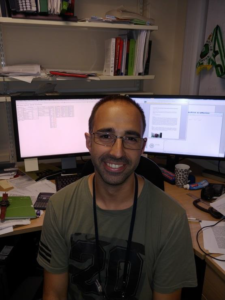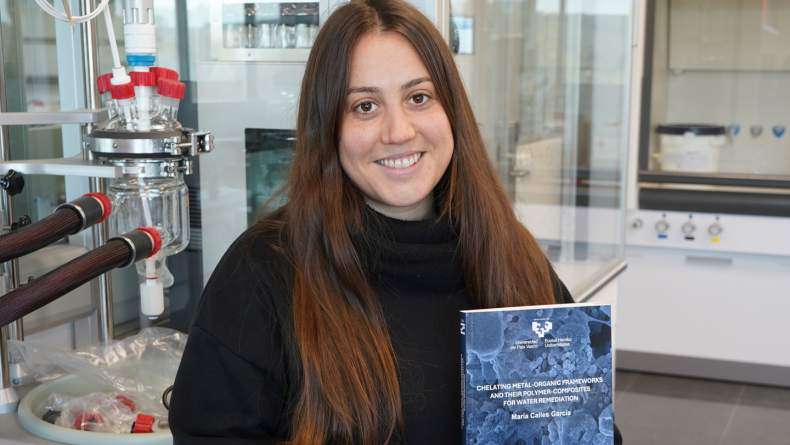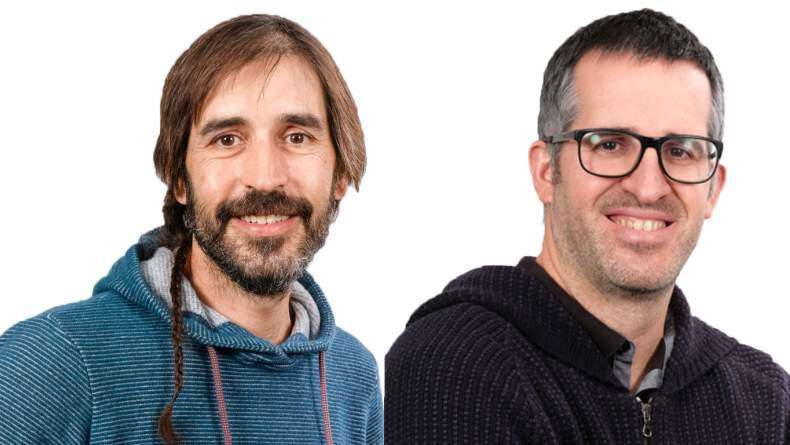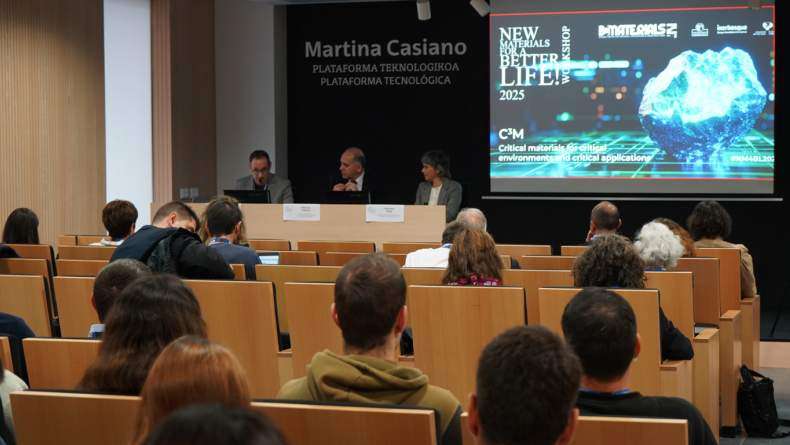Diego Alba Venero: Large scale structures and neutron scattering: reflectometry, small angle and spin echo

Large scale structures and neutron scattering: reflectometry, small angle and spin echo
Diego Alba Venero
Isis neutron and muon source, Rutherford Appleton Laboratory (UK).
E-mail: diego.alba-venero@stfc.ac.uk
Abstract Neutron techniques are a powerful tool for studying and characterising materials since the first experiments in the 50’s. In addition to the traditional diffraction (position and magnetism of the atoms) and inelastic neutron scattering (vibrational and rotational states), studying smaller momentum transfer it is possible to obtain information in longer length scales (like the size and shape of nanoparticles or the roughness of the layers in a heterostructure). With the popularity of nano-sciences, these techniques (aka reflectometry, small angle scattering and spin echo) are becoming more and more useful for linking the nano/meso structure with the properties of the materials under study. In this talk, I will quickly introduce the production of neutrons for materials research for later focusing on different examples where the large scale techniques were key for understanding the behaviour of different systems.
Bio Diego Alba Venero is a beamline scientist for the ZOOM instrument at the ISIS neutron and muon source, within the Rutherford Appleton Laboratory, a national laboratory inside the Science and Technology Facilities Council of the United Kingdom. His research career has been developed between the University of Cantabria, where he obtained his PhD in Physics, and the ISIS neutron and muon source of the Rutherford Appleton Laboratory, including research stays and experimental visits at the Imperial College in London (UK), the Lawrence Berkeley National Laboratory (USA), the Brookhaven National Laboratory (USA) and the Institut Laue-Langevin (France). His main research interests lie in the field of nanomagnetism, in particular magnetic nanostructures, thin film magnetism and magnetism in granular media.
Related news
María Calles, nueva doctora de BCMaterials
Queremos felicitar a María Calles García por haber obtenido su doctorado en Ciencia y Tecnología de Materiales por la UPV/EHU. El 4 de diciembre María realizó una brillante defensa de su tesis...Charla invitada con investigadores del Instituto de Microelectrónica de Barcelona (3 de diciembre)
El próximo 3 de diciembre, a partir de las 12:00 en el auditorio Martina Casiano de Leioa, BCMaterials recibirá a los investigadores titulares del Instituto de Microelectrónica de Barcelona (IMB-CNM...Charla invitada con Liu Yao sobre baterías de metal-litio (2 de diciembre)
El próximo lunes 2 de diciembre, Liu Yao, profesor del Shanghai Institute of Applied Physics presentará una charla invitada en BCMaterials titulada ‘Li Metal Batteries: From Liquid to Solid-State’....Éxito del workshop anual de BCMaterials, dedicado a materiales críticos
La exitosa edición 2025 del workshop anual de BCMaterials reunió el pasado 19 de noviembre en Leioa a un centenar de asistentes para examinar el estado del arte y debatir sobre los materiales...



